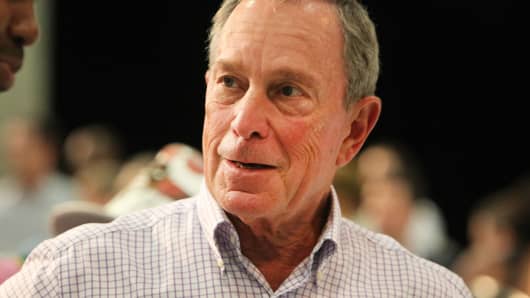Furthermore, this sort of strategic positioning would be entirely consistent with Bloomberg's electoral success in New York City. A lifelong Democrat, Bloomberg re-registered as a Republican to avoid the bitterly contested Democratic mayoral primary in favor of the far lighter competition on the Republican side.
The moment he secured the Republican line, however, he tacked hard to the center (of New York politics, at least), spending most of his 12 years in office as a non-partisan independent. This time, it is the brutal Republican primary that seems worth avoiding. For a man like Bloomberg, the Democratic route must seem far more enticing.
Running as an independent, on the other hand, Bloomberg would almost certainly become the most recent in a list of impressive individuals who believed that their accomplishments would allow them to defeat history. No, if Bloomberg is really interested in becoming president, he will enter the Democratic primary — soon. If he chooses any other course of action, he is just playing games.
Commentary by Bruce Abramson, Ph.D., J.D. and Jeff Ballabon. Abramson is a senior fellow at the London Center for Policy Research, and director of policy at the Iron Dome Alliance. Ballabon is CEO of B2 Strategic where he advises and represents corporate and political clients. He previously headed the communications and public policy departments of major media corporations including CBS News and Court TV. Follow them on Twitter @bdabramson and @ballabon.
For more insight from CNBC contributors, follow @CNBCopinion onTwitter.






